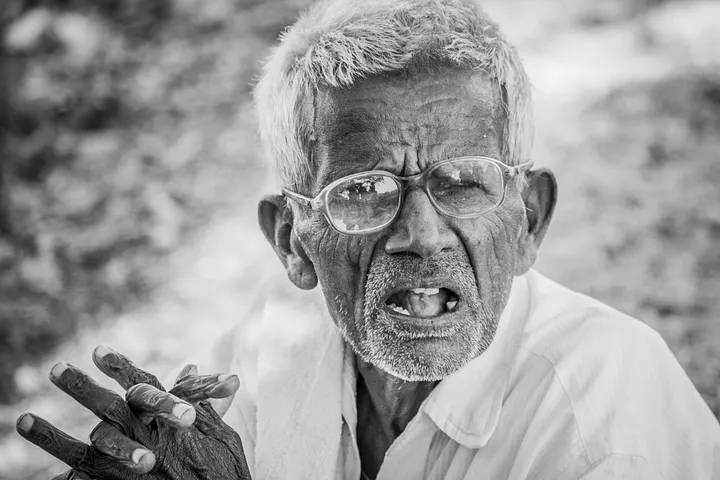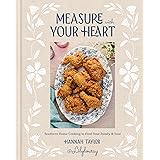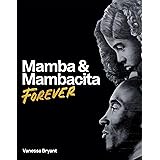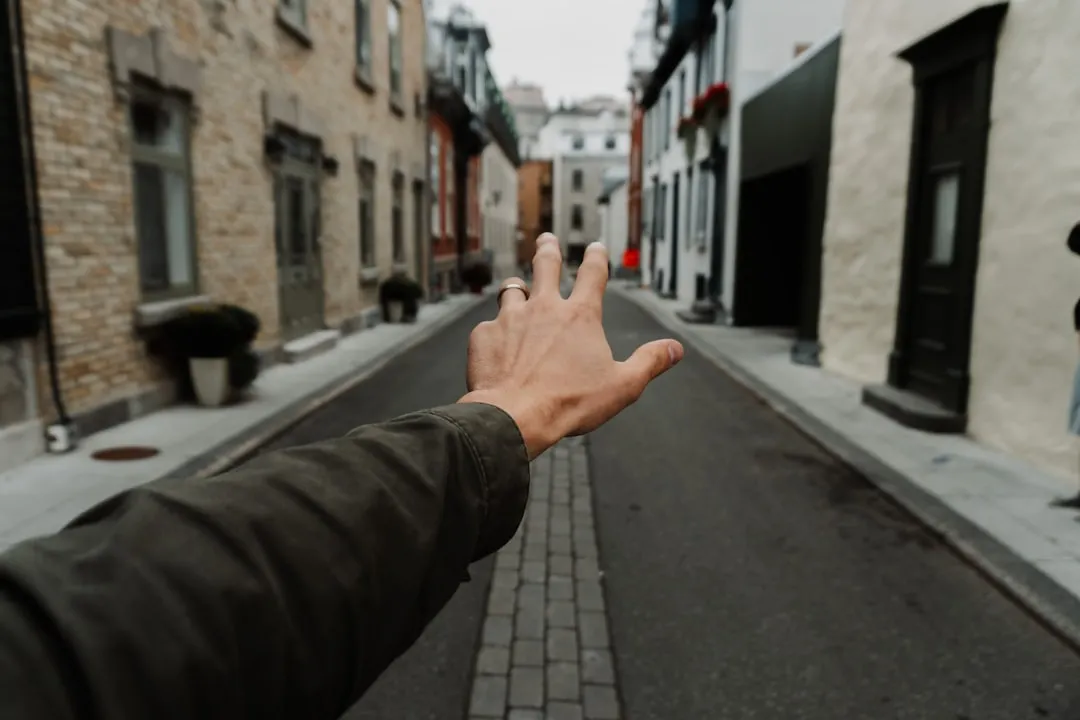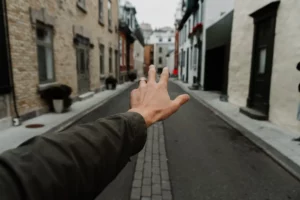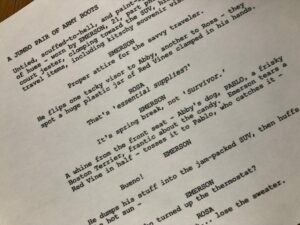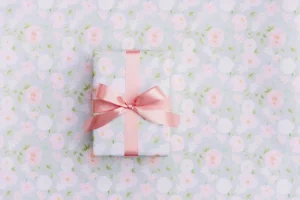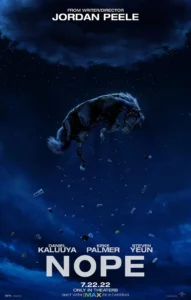How Mastering a Forgotten Language Became My Ultimate Gift to My Grandfather
Resurrecting heritage, memory, and voice with every sentence.
A language can vanish like smoke. One moment it resonates in a room, and the next moment it has dissipated into the air to linger as a ghost of a scent.
For most of my life, Toda was just that, something I knew existed but had never actually heard. My grandfather grew up in the Nilgiri Hills, where Toda was spoken throughout every pasture. By my time, it had dwindled to the brink of silence.
As a boy, I would sit beside him while he told stories in Tamil, and every once in a while, a few Toda words slipped into the air with no definitions. He allowed them to just float away.
I felt those words contained something older than either of us, as if they were the sounds of a stream before it is dammed.
I did not understand, and I did not ask. Children seldom do.
Even later, when he was frailer and spoke even less, I came to understand that the silence around Toda was not only cultural, but personal. He had carried an entire world in his mouth, one I had never cared to learn.
With every visit, the guilt of that became heftier.
I wanted to write him a story in his own language before it was too late, but first, I had to learn a language that hardly anyone could teach me.
Finding a teacher when the language is almost gone
Learning Toda was nothing like learning Spanish at school or honing the grammar of Hindi. It was like taking cloth made of many pieces and sorting through scraps that were all in different places.
The language itself is critically endangered. There are at least 1,000 people who can speak it in the Nilgiris.
Most sources and materials said it was unwritten, although I sometimes found it in Tamil script or even Latin letters.
I went on missions in libraries, small university archives, and corners of the internet where devoted learners of dying languages traded tips and PDFs.
One elder suggested that I was wise to begin by listening.
“You have to hear the bones of a language,” he said, “or you will only have skin to memorize.”
This resonated with me.
Each morning, I played recordings of Toda words and chants while I listened to the fricatives and trills. In order to create memory, I practiced shadowing, repeating phrases after elders who were generous enough to record them for me.
In the beginning, my tongue was quite uncoordinated.
Toda has more vowels than any Dravidian language I know. Some were short and some were long, but the difference mattered a lot. A long [æː] was not the same as a short [e], and if I didn’t make the distinction clear, I risked collapsing meaning.
The work was laborious and lonely.
I joked to myself that I felt like a codebreaker, except that the code was fading while I was trying to solve it.
But there was joy in the work.
Each time I pronounced a word correctly and I was met with a smile from an elder, it felt like I had pulled a thread from the past into the present.
Writing as a bridge between generations
Learning the language was only part of the mission. I intended to tell a story for my grandfather in Toda. I wasn’t trying to create a masterwork. I wanted to give him an artifact, something that demonstrated I had listened, that his voice did not simply vanish into empty air.
I began by taking the simple step of narrating a memory. I wrote about the first time he had taken me to the hills in Ooty, when the mist encased us and the buffalo grazed peacefully in the grass. I described how his walking stick punctuated the ground with a steady, confident rhythm.
Even translating this tiny excerpt into Toda was torturous. It would often take me an hour on one verb as I checked with older men and women, ascertained meaning against flimsy secondary sources, and compared my writing with whatever meagre academic work had been done.
But when I read it aloud for the first time, the cadence of the words took me somewhere familiar, but not quite.
In the end, I learned writing wasn’t a process just for him. It was also for me.
Each passage pulled me closer to an identity that I didn’t realize I was missing. I was so used to effortlessly moving between Tamil, Hindi, and English, and Toda made me respect sound and honour slowness as opposed to speed.
It reminded me that language is not just communication. It’s a trust passed down over generations.
When I showed my grandfather the pages, his eyes were a spark I hadn’t seen in years. He ran his finger along the words, mouthing them silently, before finally saying, “You brought it back.”
I needed nothing more than that.
That moment made up for all the nights I sat in frustration with the dictionary and recordings.
Why keeping a language alive is more than memory
As I immersed myself deeper in Toda, I began to recognize that language is something larger than words. It carries along entire modes of thinking.
The layers of fricatives and strange retroflexes of Toda’s grammar formed the rhythm of the stories. When elders told me stories in Toda, they seemed different than those in Tamil or English, not in the single meaning either language conveys but in texture, much like the relationship of wool versus cotton.
As I was learning, I began to see that reclaiming this language was not just about honoring my grandfather’s wishes.
It became increasingly clear that reclaiming my language was one means of resisting the collective erasure of small cultures happening everywhere.
According to UNESCO, Toda is critically endangered, and for me, that designation carries significance far beyond an academic label.
It reminds us how quickly and indiscriminately voices can be made quiet.
In some regards, I was following the path of others around the world, learning their heritage languages.
Some people take the effort to learn a heritage language because they want to read a novel in its original language. Some people do it out of shame that they are not able to speak their mother tongue.
In my case, it was love and urgency.
I didn’t want the last years of my grandfather’s life to be entirely spoken in borrowed words.
Now, anytime I come across someone learning their ancestral language, whether it is Cree in Canada or Korean in the US, I can see the same hunger.
It’s not just words. It’s about grounding yourself in something history attempted to wash away.
The story that taught me who I am
When I think back, learning Toda gave me more than just the ability to write one story. It gave me a way to exist between the past and the future.
My grandfather is gone now, but the story I wrote for him sits in a drawer, waiting for the next time someone asks me why I even bothered.
I did it because silence is infectious, and if I had stayed silent, the language would have slipped further into silence.
By saying it, no matter how clumsily, I interrupted that silence.
I gave my grandfather a voice while he was thinking of dying, and in doing so, I found my own.
Today, hearing Toda, those strange fricatives and trills, doesn’t make me sound alien. It makes me feel part of a longer chain, of which I am only a link, extending beyond me.
Learning Toda taught me that saving a language from disappearing is not simply about saving words. It’s about saving the people who spoke them, and the people who might speak them again someday.
Because saving his voice kept my voice from fading, too.
